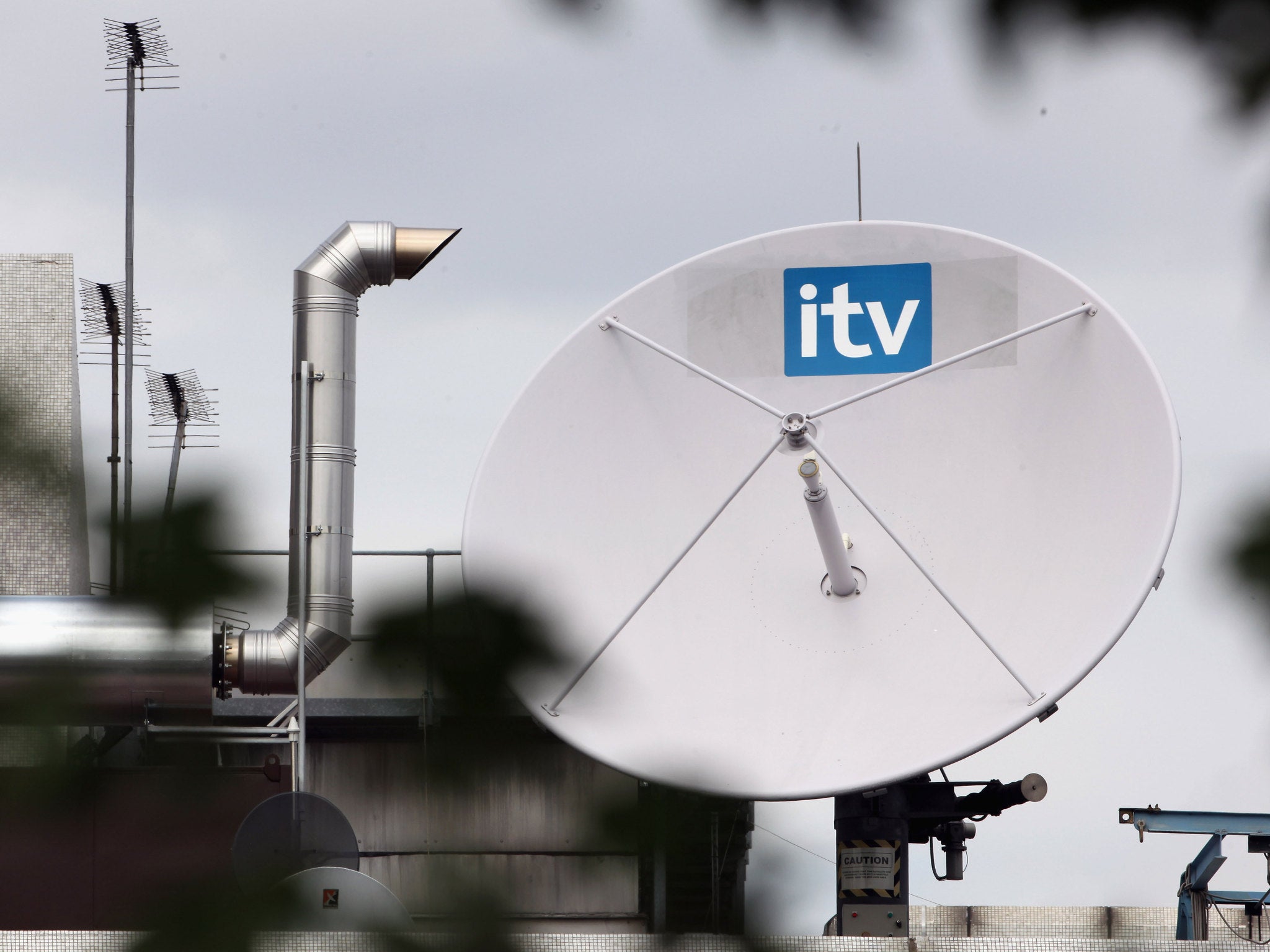James Moore: ITV is thriving in a digital world, but content must remain king
The performance of ITV1 was the main reason for the decline. But advertisers appear willing to pay more for less.

Outlook Despite the multi-channel digital world we live in, it seems that advertisers are still clamouring to get on ITV1. Despite ITV as a company enduring an overall decline of 5 per cent in its audience share in 2014, it managed to increase advertising revenues by 6 per cent.
The performance of ITV1 was the main reason for the decline. But it’s still the channel that advertisers want to be on and is the main reason behind the increase in advertising spend too. Advertisers appear willing to pay more for less.
Multi-channel broadcasting is both the cause of the decline in audience share and, perversely, the reason for ITV’s success at attracting ad revenue despite this.
The channel can still deliver a mass audience like no other, even if it’s a bit smaller. And if you’re selling a mass-market product, it remains cost effective when compared with scattering your resources across multiple channels.
What will be interesting to see is how much of a decline ITV can weather before its customers start to get cold feet.
We might be about to find out, because two of the company’s biggest advertising and audience hits are winding down. Downtown Abbey’s impending sixth season may be its last, if you believe its star Maggie Smith. And while someone taking a swing at Simon Cowell might briefly wake a tired X Factor, the format is (mercifully) on its out lap.
Cue much hand-wringing about what the company might do to address the situation beyond finding a way to revive Coronation Street’s flagging fortunes.
The answer – to, shall we call it, the Downton dilemma – might perhaps be not to try to hard and let nature take its course.
Adam Crozier, who has done a better job than I expected over the past five years, has correctly surmised that content is king, and his investment in that side of the business is paying real dividends. Its revenue growth is outstripping that provided by soaking advertisers.
Plenty of people predicted that an explosion in the number of channels would spell doom for quality drama. And yet the reverse has been true.
Investing in quality programming can pay off handsomely. Just ask Netflix, or HBO. Even A-list stars now fight over TV roles, and with the same fervour with which they pursue movie roles.
With shows like Broadchurch – even if its second season failed to live up to the dizzy heights of the first – ITV has proved it can join that particular party.
Nobody saw that one coming, and it’s possible that the next gem is currently being scripted. That being the case, would it not have been better to keep some of the £250m being handed out as a special dividend for future production? Budgets are still increasing, but given the way the shares have been going under Mr Crozier, it’s not as if shareholders need the bung.
Subscribe to Independent Premium to bookmark this article
Want to bookmark your favourite articles and stories to read or reference later? Start your Independent Premium subscription today.

Join our commenting forum
Join thought-provoking conversations, follow other Independent readers and see their replies